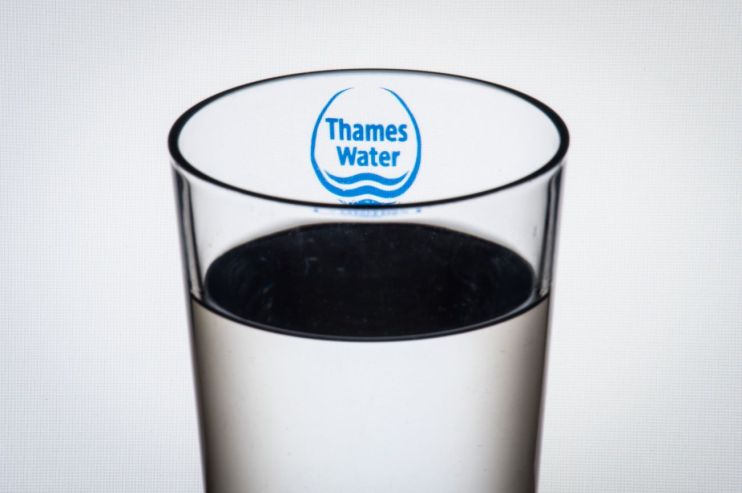Thames Water crisis – what next: More sewage, higher bills and possible collapse

A fresh crisis has engulfed Thames Water this morning after shareholders refused to stump up millions of pounds of emergency funding.
A £500m investment, the first installment of a turnaround plan to inject nearly £4bn in the next two years, will now be missed at the end of this month, leaving Thames Water in a race for cash.
Chancellor Jeremy Hunt has said he is watching the situation “very carefully.” If funding isn’t found, the company faces collapse and would likely be brought into public ownership, either temporarily or permanently.
Thames Water’s nine shareholders, which include the Canadian pension fund Omers and a subsidiary of Abu Dhabi’s sovereign wealth fund, said the solution addressed the “root cause” of the problems and blamed Ofwat for the decision to pull the plug.
The water regulator said it needed to see “companies deliver the performance that customers expect and that they are run in a way that meets customers’ expectations.”
But that’s a criteria that Thames Water was never likely to meet.
The company was responsible for the biggest increase in the number of raw sewage discharges into Britain’s waterways last year, per Environmental Agency data released on Wednesday, an impressive feat given 2023 was also the worst year in UK history for sewage spills.
This morning, after the crisis emerged, Chris Weston, chief executive of Thames Water said: ‘I’d like to reassure our customers that, despite this announcement, it is business as usual for Thames Water.”
What does ‘business as usual’ mean?
What are the alternatives?
What next?
Thames Water boss Chris Weston insisted this morning the company was “a long way” from nationalisation, but analysts are less confident.
Susannah Streeter, head of money and markets at Hargreaves Lansdown, said: “The company is back swimming in highly uncertain financial waters now that investors have pulled their pledge… Options for fresh funding streams won’t be easy to find.”
There is very little chance the taps would ever turn off but Britain’s rivers will be in for a rough ride. More sewage dumping is inevitable if Thames can’t invest in the infrastructure improvements it so desperately needs.
Consumers aren’t off the hook either. As part of its turnaround plan last summer, Thames requested a 40 per cent rise in bills over the next half decade and shareholders are now understood to want more.
“It looks as though customer bills will still eventually have to rise to meet essential repairs and there is going to be no quick solution to the sewage leaks which have plagued U.K. waterways,” Streeter added.
On top of its £18.3bn debt pile, more financial trouble could also come in the form of further fines from Ofwat for any sewage discharge issues it can’t resolve.
Thames Water already told regulators it expects to leak more water than previously expected this financial year (around 585m litres per day), blaming a deluge of rainfall for overwhelming its ageing pipes.